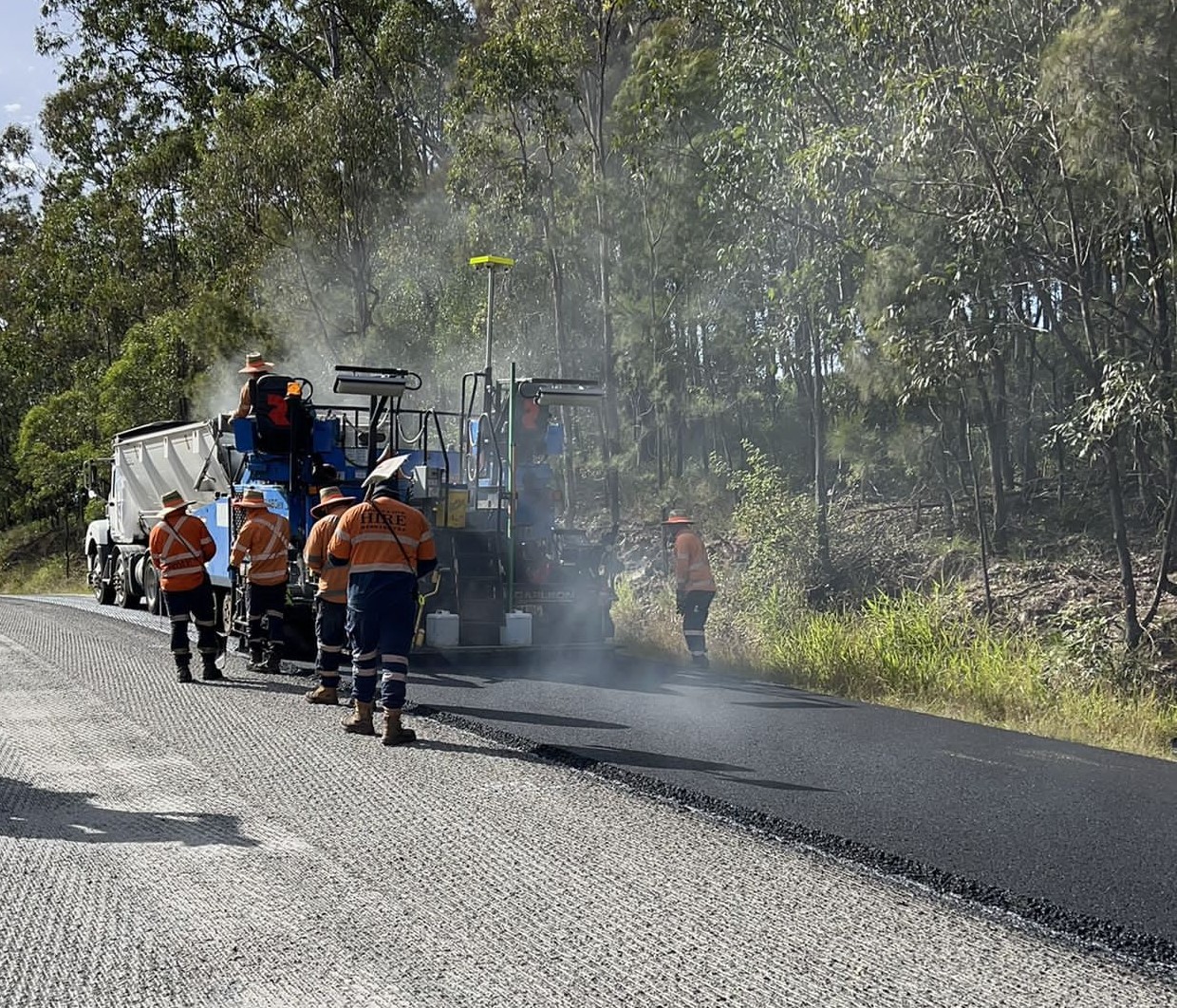
The Australian Flexible Pavement Association (AfPA) said it has “significant concern” about the federal government’s plan to equally split the cost of major road projects.
This is a “major and controversial shift” away from the traditional 80:20 funding split with the nation’s states and territories, the AfPA said in a written statement.
Catherine King, the infrastructure and transport minister, said that after a recent infrastructure review that recommended 82 projects be scrapped, the federal government will cut funding for 50 of them. Another 31 will get moved into so-called “transport corridors” where several projects are connected or nearly connected. The government says that it then will be up to state and local governments what to prioritise so the overall corridor of traffic is improved. Road projects affected run from commuter carparks and roundabouts to intersection upgrades and major work on motorways.
In a further blow to state, territory and local governments, spending must abide by federal government’s the new Infrastructure Policy Statement where costs are equally split between the federal government and a state or territory. The change in policy from an 80:20 split, argues AfPA, will put additional strains and burdens on states and territories.
“As representatives of the $27 billion (US$17.5 billion) flexible pavement industry, we remain sceptical about the recent announcement by the federal government to revert to a 50:50 shared investment agreement,” said Rial. “We have concerns that this approach may not adequately address the needs of both workers and Australian road users."
Officially called the Commonwealth of Australia, the country consists of six states: New South Wales, Queensland, South Australia, Tasmania, Victoria and Western Australia. There are 10 federal territories, out of which three are on the mainland: the Australian Capital Territory, Jervis Bay Territory and the Northern Territory – Australia’s largest territory by area. Other territories are island groups around the mainland. According to the federal government’s Bureau of Infrastructure, Transport and Regional Economics, there are 874,500km of road in Australia, of which 17% are urban. There are also 40 significant airports in Australia, of which 10 are international.
“It is a core function of the Australian government to invest in the nation’s productivity and this funding shift will reduce our nation’s transport efficiency, competitiveness and productivity,” said Rial. “We are in a national roads resilience crisis. This is reinforced by the Grattan Institute’s recently released findings that underscore the urgent requirement for additional assistance to address the nation’s road resilience challenge.”
The Grattan Institute said that its report, Potholes and Pitfalls: how to fix local roads, shows a gradual erosion of federal funding over the past decade that has been detrimental for local roads. Many councils do not have a realistic way of raising the money they need to keep their roads in good condition, especially rural and remote councils.
The report recommends that the federal government stop favouring densely populated states with its funding arrangements. It should cut back the share of funding for major-city councils that are already self-sufficient.
As well, a Grattan Institute survey of councils conducted for their report revealed that a quarter of councils don’t even know exactly what roads and bridges they manage. In particular, for geographically remote councils, it’s almost half. The report also recommends that to help councils better manage their roads, the federal government should establish a national road hierarchy, minimum service standards and basic data specifications for councils to follow.
The Grattan Institute is a non-aligned public policy think tank established in 2008 and based in Melbourne. It is partly funded by a US$34 million endowment, with major contributions from the federal government, the government of Victoria state, the University of Melbourne and BHP. Formerly known as BHP Billiton, BHP is a multinational mining and metals public company headquartered in Melbourne.












